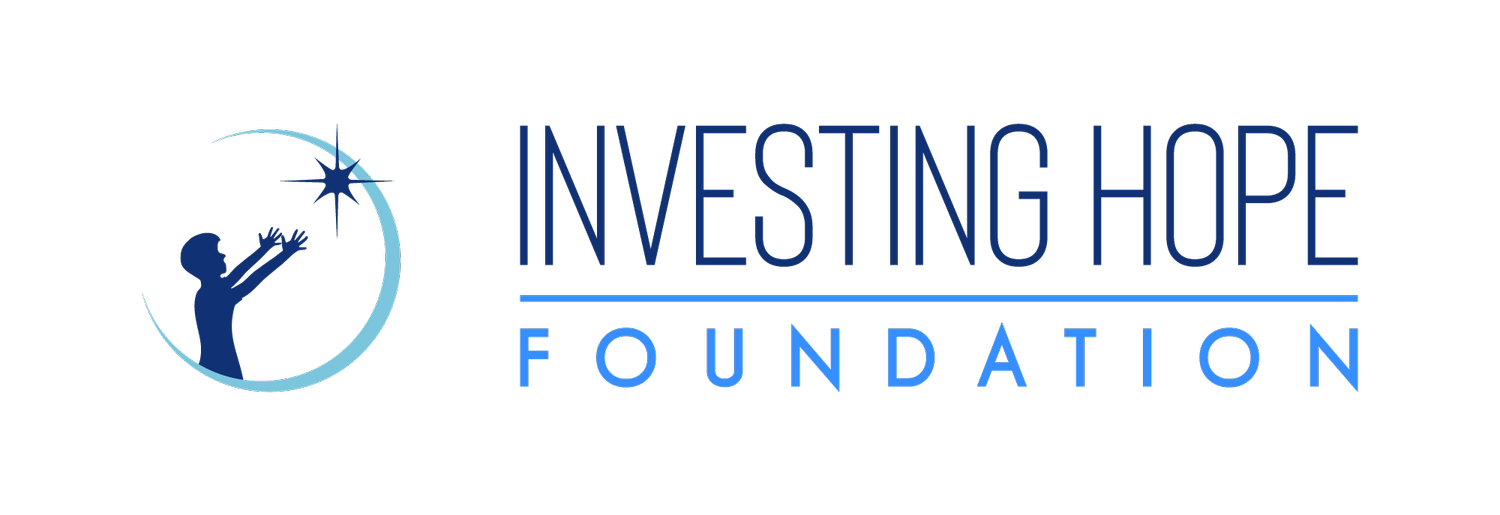Unlocking the Potential of Colombian Youth
With an extreme level of economic disparity, the odds are stacked against the youth of Colombia. 41.5% of the male youth, and 45.7% of female youth live below the poverty line. And before the pandemic a staggering 61.2% of rural youth were living in poverty. At first glance these numbers may seem discouraging, but for Investing Hope Foundation they also represent a significant opportunity. IHF sees the potential that these youth possess and seeks to unlock it by providing entrepreneurship and savings education that will have a lifelong impact. The organization has seen first hand how with the right education and resources the youth are able to overcome economic and social challenges to not only meet their basic needs, but even save for their future.
To do this, IHF identifies groups that are already working with children and youth in poor communities and partners with them to teach the students entrepreneurial and savings skills through experiential learning. IHF forms what are called YES clubs (Youth Entrepreneurship and Savings clubs) where the students join together to start a collective business, the most common of which is a candy kebab selling business.
IHF makes the initial investment to purchase the raw materials (individual candies) that the students then process into the candy kebabs. As a collective business, they manage the inventory of their raw materials as well as their finished products in correlation to their sales to maintain appropriate cash flow and replenish stock. The group keeps a detailed ledger of the business operations, expenses and income to keep track of their finances. The profit that they earn on the sale of a candy kebab is approximately $0.10 USD, which doesn’t sound like much but as stated before, these kids have big potential and were able to save over $60,000 USD combined in 2022. The economic impact that this has on their lives cannot be overstated, and yet it isn’t even the most meaningful component to the program.
The educational aspect of the program has by far the biggest impact on the lives of the children. Because the students go through the program at a young age (elementary or junior-high school), the lessons and skills that they learn have a compounding effect as they grow older and have the ability to take advantage of new opportunities. There are more programs that IHF has to further develop these skills at an older age, including an adult adapted style of group called GEM groups (Groups for Entrepreneurship and Maximizing Savings). In July of 2021 IHF signed a contract with the Stampede Park Rotary Club for a grant of $10,000 to start 25 of these GEM groups. These groups resemble more of a microfinance approach to economic development and last year saved a combined $124,000 USD.
There are currently 280 YES clubs and 93 GEM groups across Colombia but there are countless school and community groups requesting more programs. IHF is working hard to train new facilitators in order to make these programs available to more of the Colombian youth. Yet the need for this type of social-economic development seems to outpace its availability. Yet because of grants like the one provided by the Stampede Park Rotary Club, IHF is able to invest in the Colombian people and help them unlock their potential for a brighter future.


